
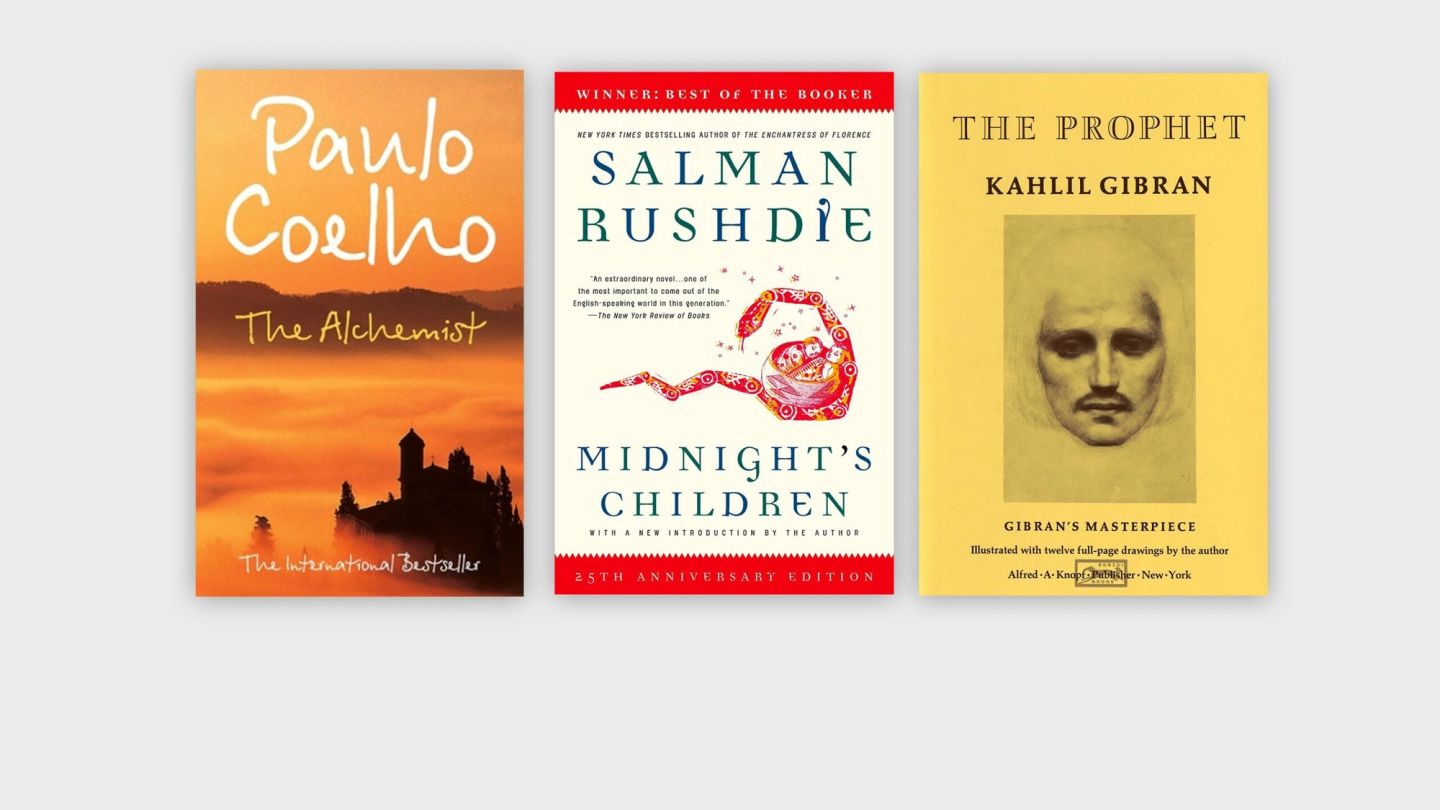
The classic books you should have on your shelf (even if you never read them)
Everything you need to craft the ultimate ‘anti-library’...
Words: Anna Galbraith
From yuba to Uniqlo, we have a lot to thank the Japanese for. Among their host of enviable inventions, perhaps the one we most wish we’d come up with ourselves is a single, untranslatable word: tsundoku, meaning ‘leaving a book unread after buying it, piled up together with other unread books’.
It’s a word that we’re fond of, since it encapsulates a practice that we wholeheartedly endorse. There’s no shame in annually investing in the complete Man Booker shortlist with all the right intentions of broadening your mind, only to find that time has somehow escaped you. We get it – there’s been some great shows on Netflix recently.
But now, the season of dinner parties and humblebrag hosting is well and truly upon us. As such, the pressure to earn your guests’ admiration for the curation of well-thumbed volumes lining your bookshelves can prove more stressful than catering to the food intolerances that everyone seems to have developed over the past year.
As ever, GJ is on hand to make meeting societal expectations that little bit easier. Here’s a guide to crafting an undeniably impressive library of the books you never quite got round to reading (and which we don’t recommend you make an effort to start now).
Bleak House by Charles Dickens
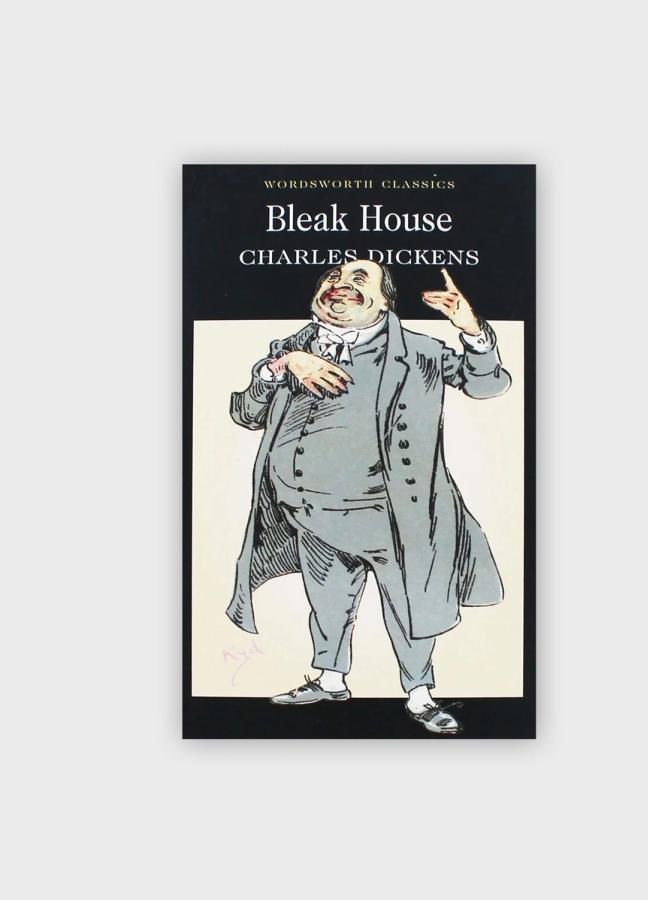
The Ronseal of the literary canon, this 1,036-page-long ‘classic’ delivers exactly what you might expect from the title. Buy this book for its bragging rights, then break its spine and run it through your washing machine to have everyone believing you’ve read it a dozen times.
The benefits to investing in a copy of this masterwork are twofold: first, nobody else has read it either, so any literary criticism you might want to dish out over dessert will go unchallenged. Second, once your guests have returned home, this versatile publication will make a very effective doorstop.
Midnight’s Children by Salman Rushdie
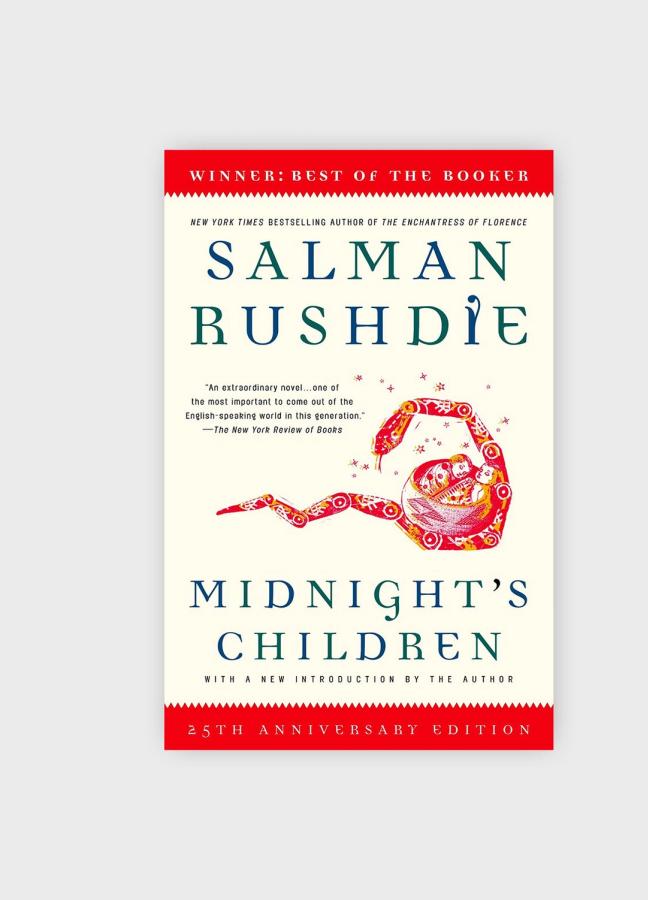
An inimitable piece of magical realist literature? Undeniably. A groundbreaking documentation of the course of postcolonial India’s journey to independence? Undoubtedly. A bloody laborious read? Unfortunately.
An established member of the elusive Books You Should Admire Club, Rushdie’s 1981 Man Booker winner might be the worst culprit on this list for subscribing to the ‘why use one word when 10 will do’ philosophy. Every other page will have you reaching for an explanatory dictionary, which quite frankly would make for lighter reading.
Keep it on your shelf, and should your guests notice your edition and call on your opinion, opt for: “I can understand why it might not be for everyone, but Rushdie’s exploration of fatalistic philosophy through an idiosyncratic narrative of a child is astonishing.”
Conversation over.
Infinite Jest by David Foster Wallace
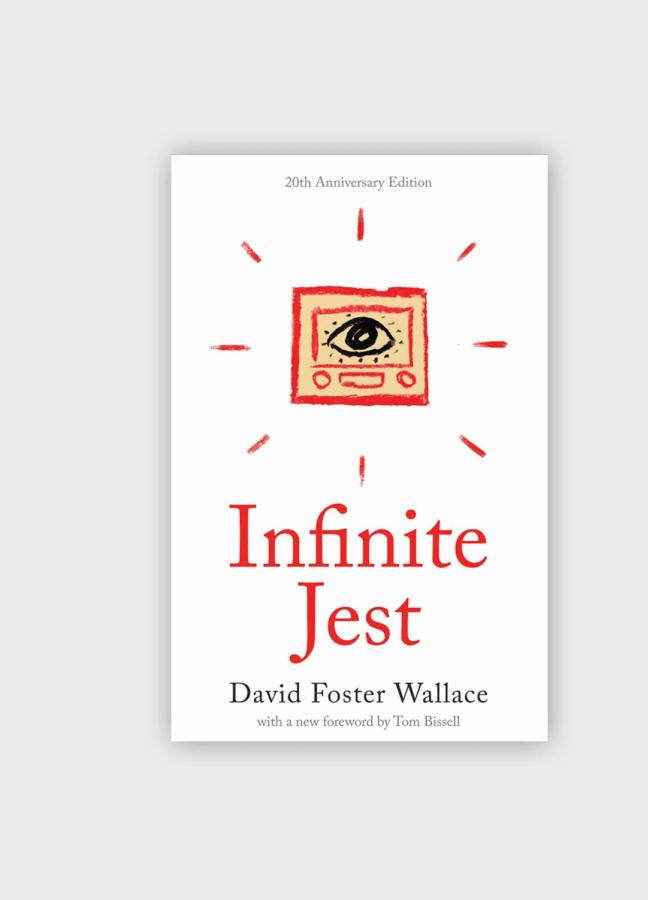
A round-up of the numerous genres that booksellers have attempted to categorise this ‘novel’ in, would produce a list as long as the book itself. Now, don’t get us wrong, Foster Wallace is among our favourite great American writers to have come out of the last century, and Infinite Jest might be his best work – despite analysing tennis in rather too much detail.
But, as a work that manages to pip even Bleak House to the post with its word count, we recommend that you have a quick, pre-dinner peruse through GradeSaver for some handy titbits to drop into the conversation and leave working through this ponderous prose for the next time you have three months off.
The Prophet by Kahlil Gibran
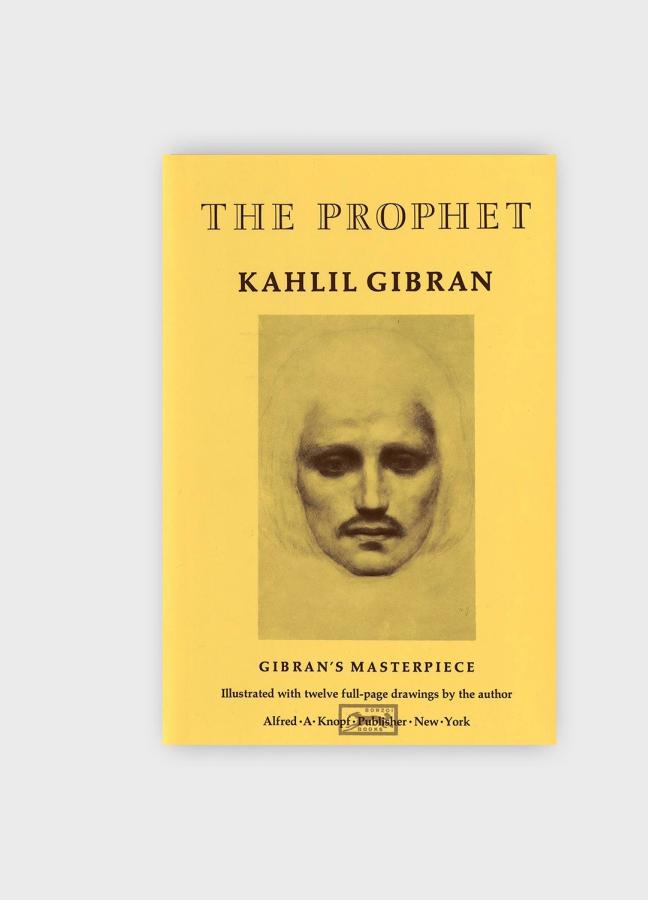
Lebanese-American Gibran produced one of the bestselling and most beautiful poetry collections of all time when he published The Prophet in 1923. Since then, it has provided inspiration for political speeches, popular music, and saved the bacon of innumerable romantically-challenged grooms lacking source material for their wedding speech.
In parts deeply powerful (and well worth reading), The Prophet takes the form of 26 prose fables offering advice on life’s grandest themes. All we’re saying is that the fable On Marriage is revolutionary, but The Coming of the Ship isn’t quite so spicy.
Keep it on the shelf for serious brownie points from the more romantic of your guests.
Encyclopedia Britannica
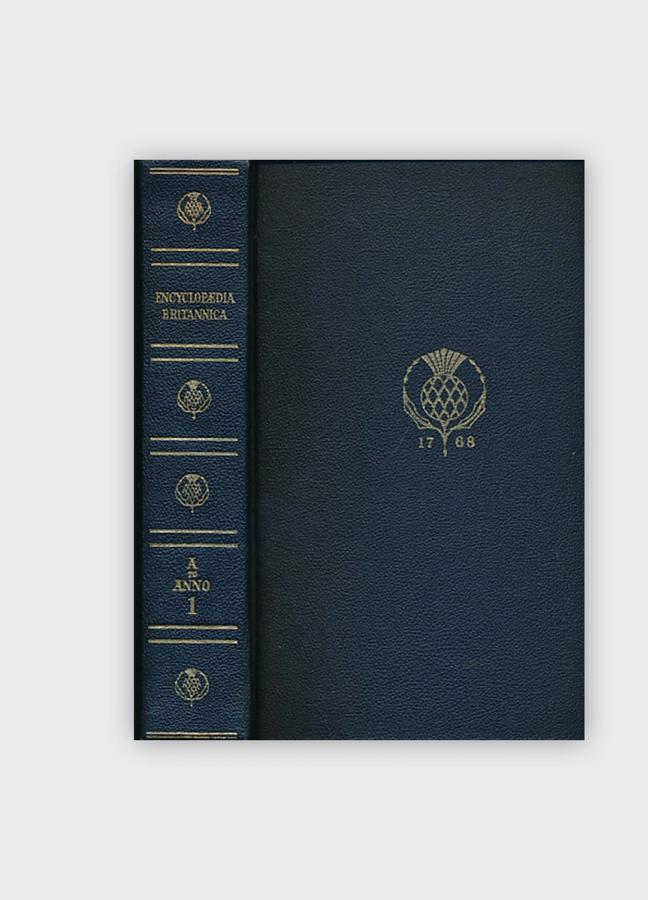
A happy addition to any interior seeking to achieve a pseudo-academic vibe, and very handy for filling out a sparse set of shelves – but therein ends the usefulness of the Encyclopedia Britannica.
Sure, they look great, but we’ve got Google now.
The Alchemist by Paulo Coelho
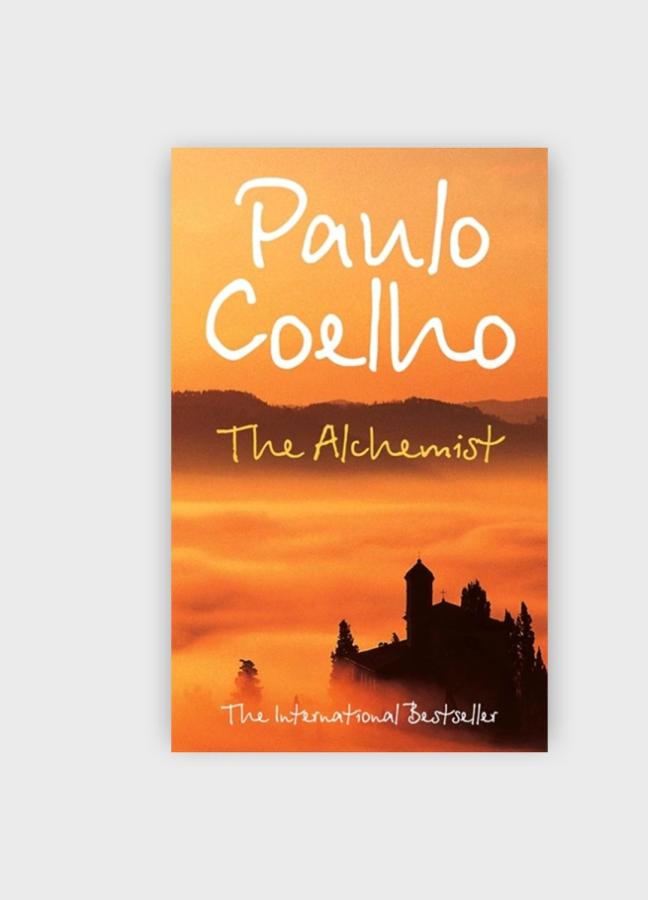
This 208-page bestselling phenomenon hasn’t simply made our list to stir up controversy. We genuinely just don’t get it. With no plot to speak of and a ramble of incoherent (albeit poetic) philosophy, what in the name of (insert Higher Power of choice here) would compel you to read this book?
Chock-full with all the inane aphorisms of a throw pillow, quoting extracts from The Alchemist could prove useful for putting unwanted guests off their dinner and hurrying their exit. For this purpose, try: “Intuition is really a sudden immersion of the soul into the universal current of life.”
Looking for more ways to impress your guests? These are the statement dinner jackets to show off this party season…


